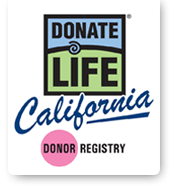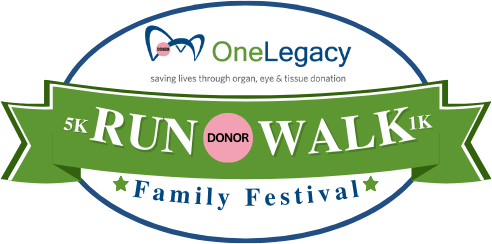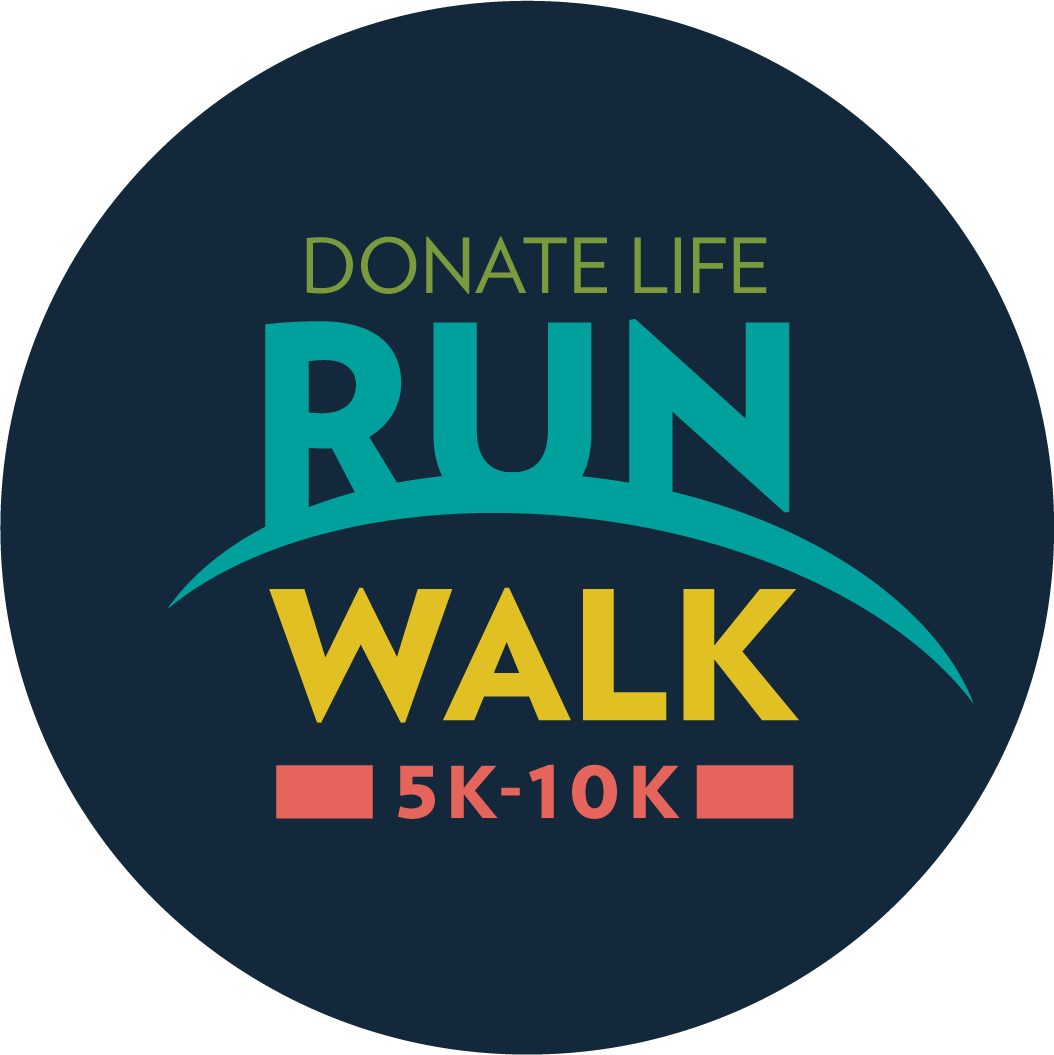Organ donation takes healthy organs and tissues from one person for transplantation into another. Experts say that the organs from one donor can save or help as many as 50 people. Organs and tissue you can donate include:
- Organs: kidneys, heart, liver, pancreas, small intestines, and lungs

- Tissue: corneas, heart valves, skin, bone, tendons, cartilage, and veins
Organ and tissue donation occurs after the donor has been declared brain dead. People can however be a living kidney donor if they so desire.
People of all ages and background can be organ donors. Anyone between the age of 13-17 you can sign-up to become an organ and tissue donor although the decision if the opportunity of donation presents itself is determined by the parent or guardian. If you are 18 or older you can show you want to be a donor by signing up at the DMV or online through this eCampaign. You should also let your family know your wishes.
High concentration of Azithromycin in infected tissues is also caused by the fact that phagocytes and macrophages transport it to the site of infection and release in the area of inflammation. Azithromycin is prescribed in case of illness or injury at the time.







